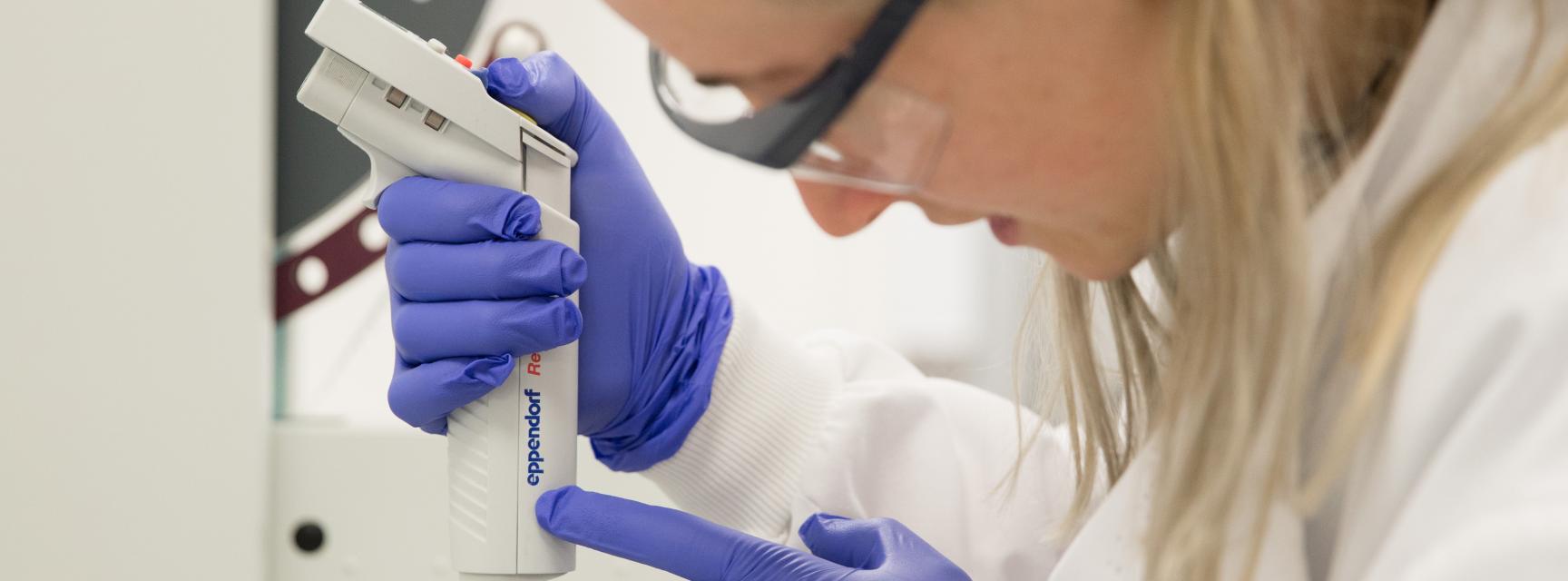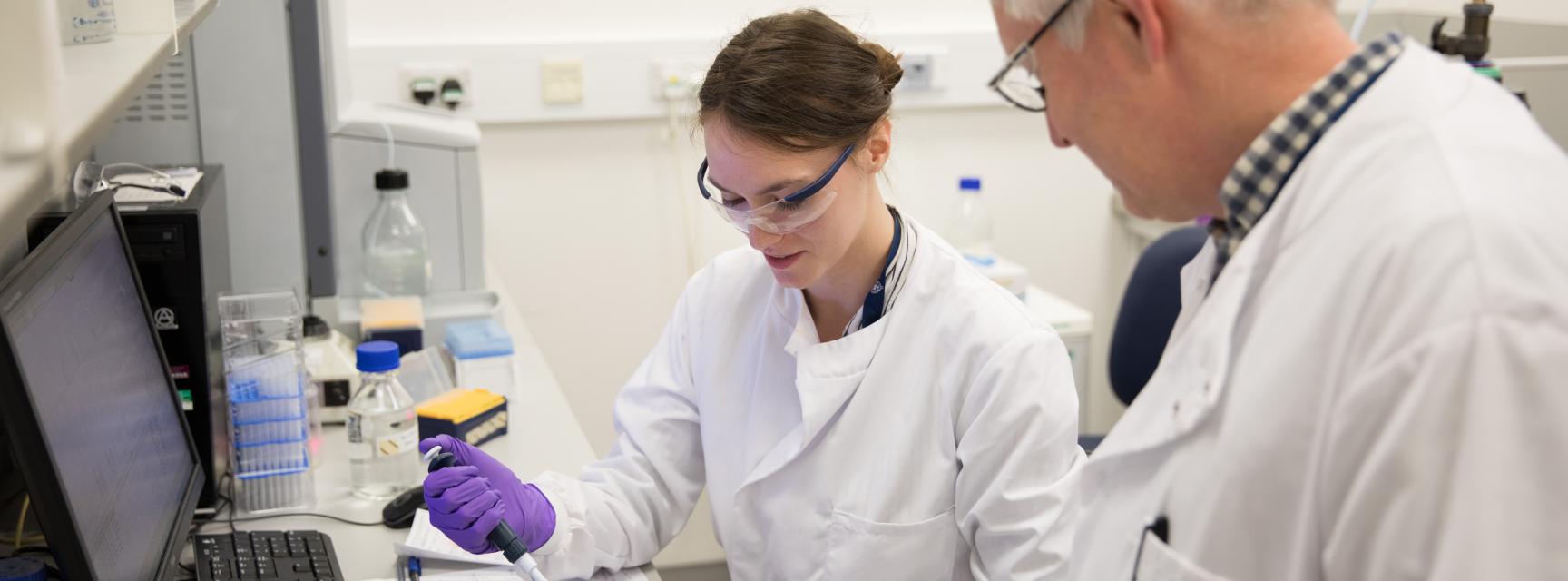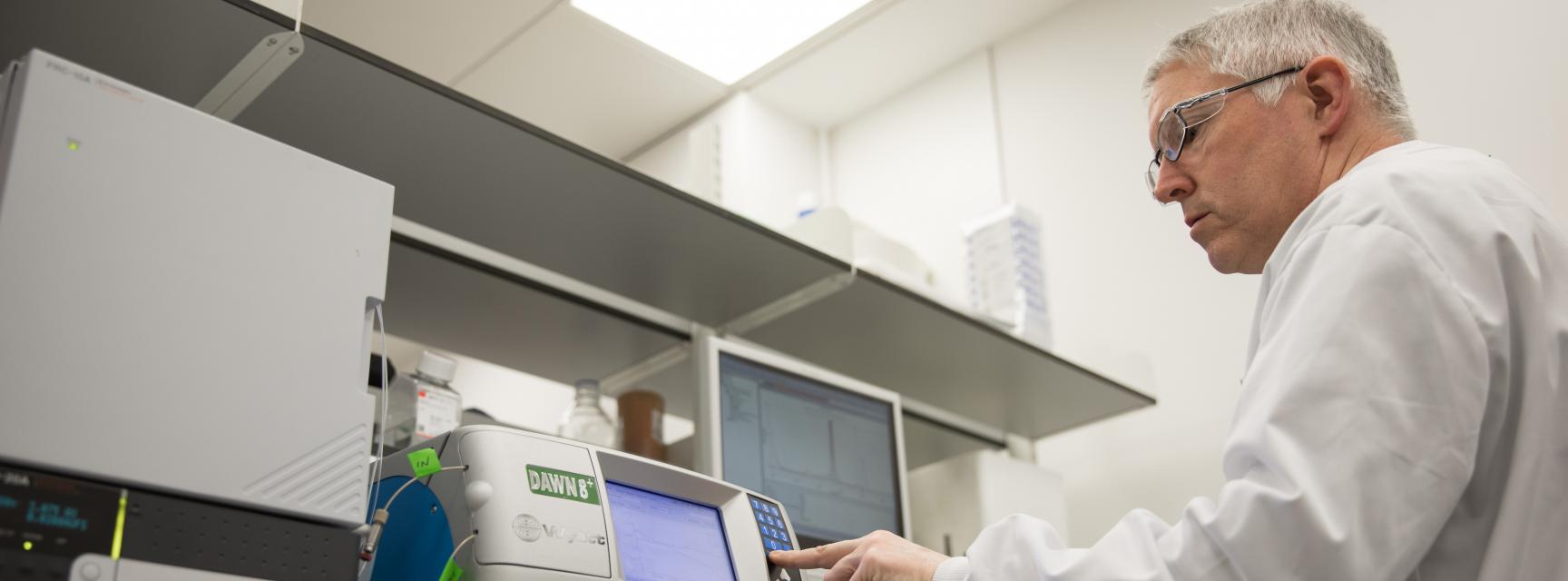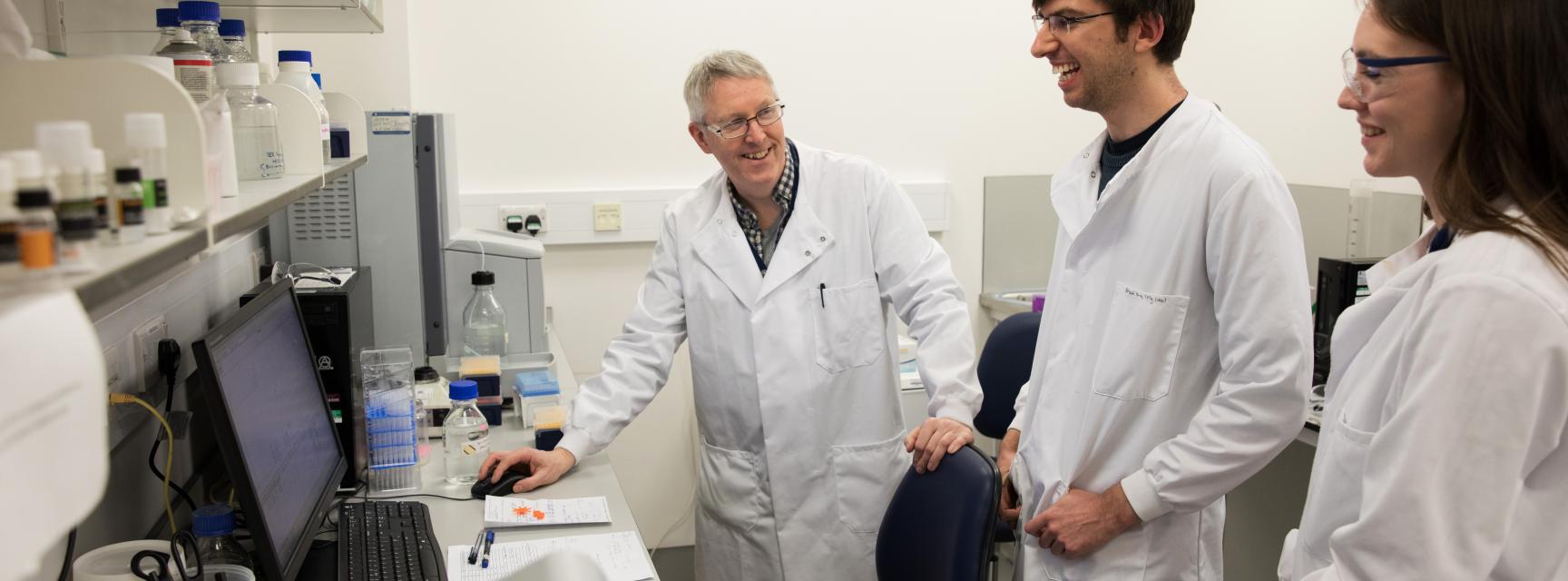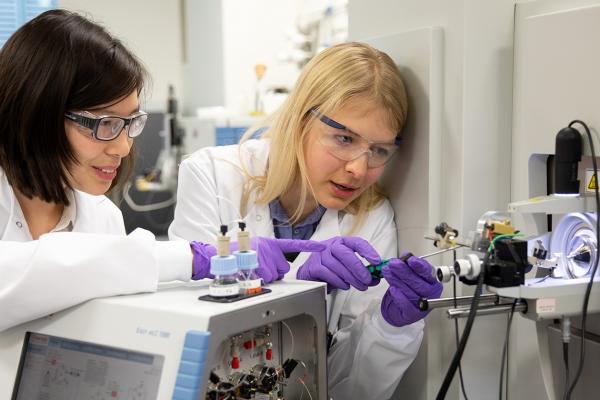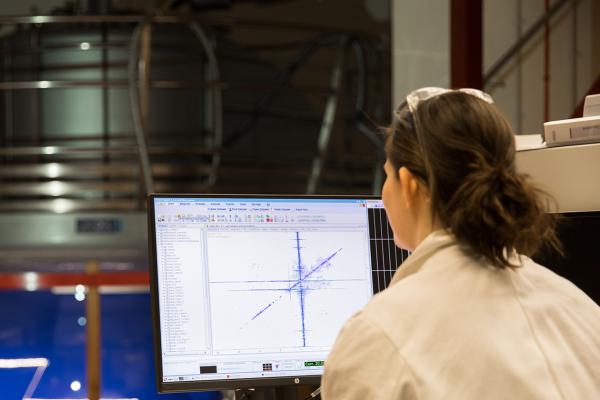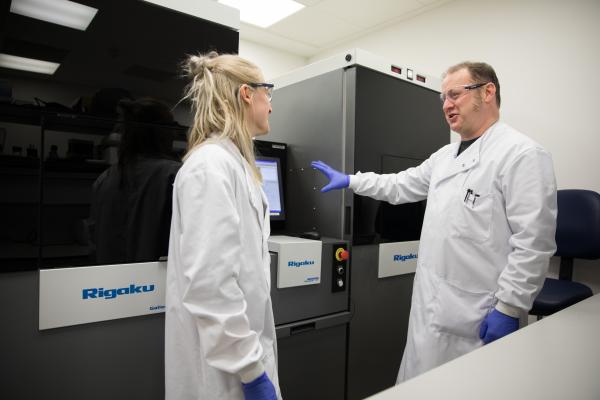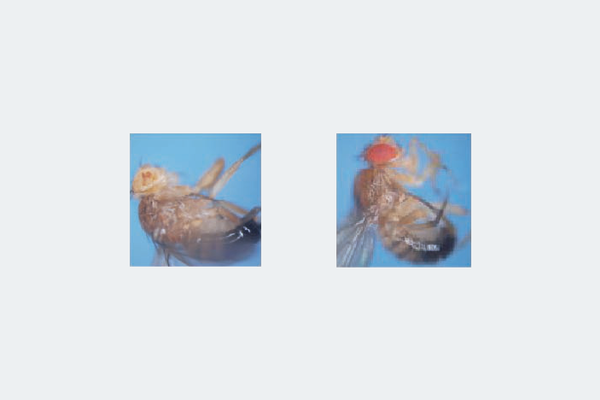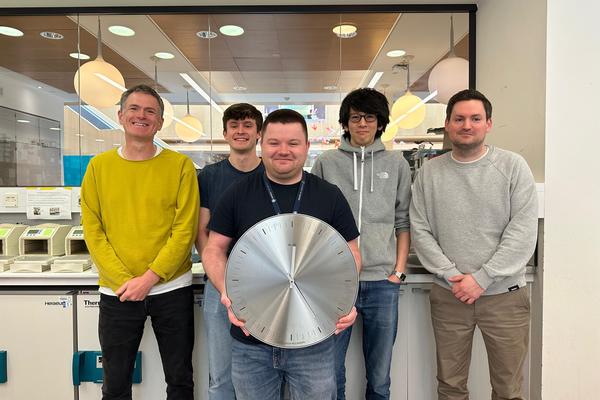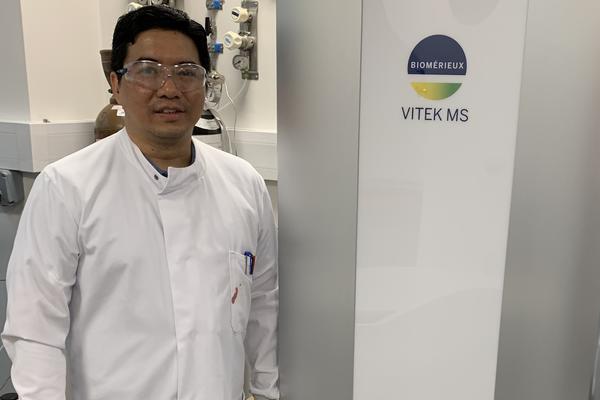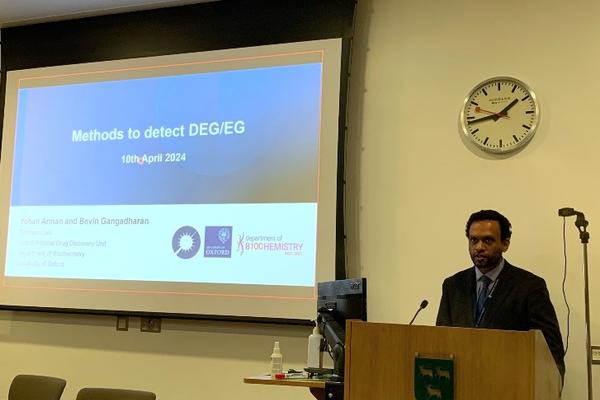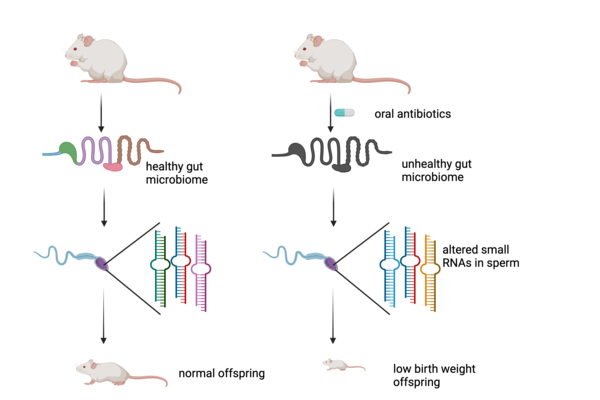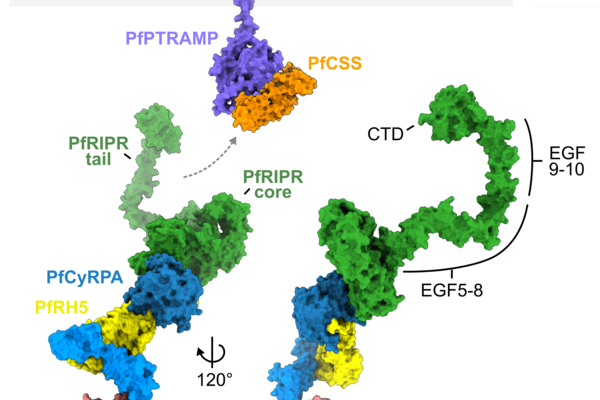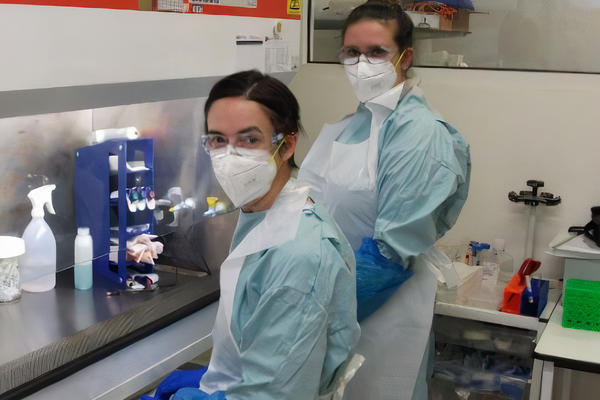Molecular Biophysics
Facility information
Established in 2007, the Molecular Biophysics Suite (MBS) is a facility within the Department of Biochemistry and we are dedicated to the analysis of proteins and their complexes. Understanding how biological systems work at the molecular level more often than not requires structural information on the proteins involved. In order to obtain this information however biochemists need to understand the basic properties of their proteins (e.g. are they folded, how many subunits do they have, how stable are they) and to characterise the complexes they form (e.g. how tightly they form these complexes and how many components are involved). This information can help in designing the appropriate protein construction or protein complex for structural studies for both soluble and membrane proteins. The information can also be important in the dissection of a biological system; e.g. understanding the principles behind how different ligands might bind to the same protein target. The MBS hosts a range of technologies through which researchers across Oxford can access this type of critical biophysical information.
The MBS now houses eleven pieces of equipment that together yield complementary biophysical data on proteins and their complexes. The type of information that we obtain includes whether proteins are folded, the size and shape of protein complexes, and the underlying kinetics and thermodynamics of complex formation. The day-to-day running of the facility is in the hands of Dr. David Staunton, the MBS lab manager, while the strategic development of the facility is overseen by Prof Colin Kleanthous (Biochemistry) who is helped by an advisory board comprising Profs Simon Draper (Biochemistry) and Rob Gilbert (STRUBI). David makes sure all MBS users are trained on the equipment and in analyzing their data. In some instances, such as for size-exclusion chromatography multiple angle laser light scattering, David runs a service according to the particular specifications of researchers. Access charges are levied on all instruments that pay for maintenance and service charges and the overheads associated with the facility. Booking is through the website.
The success of the MBS over the last 10 years is evident from the number of users and the publications that have resulted. Last year the MBS supported the research of thirty-one groups across seven departments (Biochemistry, Chemistry, Physics, Pathology, STRUBI, and Medicine & Psychology). Since 2013, data acquired from MBS equipment has featured in over 50 publications.
If you are interested in using MBS instruments or are simply interested in finding out more about how the facility could help you in your research, please go to www.bioch.ox.ac.uk/molecular_biophysics_suite for more information.


